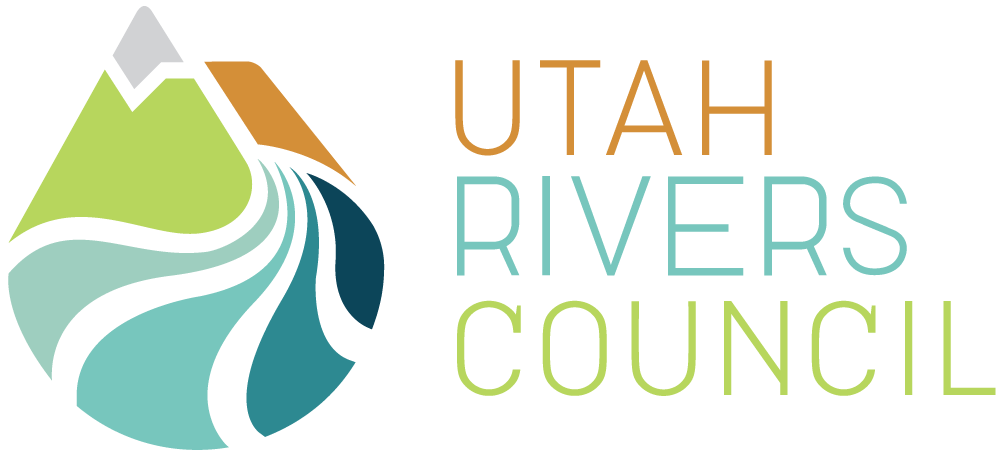Water Agencies Proposing Lake Powell Pipeline Create More Smoke & Mirrors to Hide 2020 Pipeline Cost
In response to a GRAMA request submitted by 15 businesses and nonprofits, the Division of Water Resources continues to hide Pipeline cost calculations.
Salt Lake City, UT – The Division of Water Resources and Washington County Water District are continuing to avoid transparency about the costs of the Lake Powell Pipeline in a recent press release. The Division claims the project costs just $1.4 billion, but provides no evidence to support this claim. A 2019 Legislative Audit on the Pipeline instead pegs the costs at $2.4 billion:
“However, given the long timeframe before construction starts, inflation alone could increase the pipeline’s construction cost to $2.4 billion by 2025, while other factors could increase the cost even more.”
The 2019 Legislative Audit (reproduced below) referenced the existence of a 2015 engineering study estimating the cost at $1.43 billion, but adjusted the Pipeline cost up to $2.4 billion. The 2,000 page Draft Environmental Impact Statement (DEIS) uses less than 400 words to support the $1.4 billion pricetag, and repeatedly references a third party engineering company cost estimate, which is not available to the public (page 45 of Appendix C-23):
"The estimated construction capital costs and OM&R costs including power were provided by Stantec (2020a and 2020b).”
These cost estimates reference emails as citations in the DEIS, yet the emails are not available to the public: (page 65 of Appendix C-23):
Stantec. 2020a. “LPP O&M costs.” Email communication from Joshua Cowden March 10, 2020.
Stantec. 2020b. “Revised LPP cost estimate.” Email communication from Joshua Cowden March 3, 2020.
Instead of providing these emails, the Division and Washington County Water District issued a press release linking the engineering firm’s website, as if that somehow explained how Pipeline costs were created. No information is provided in the press release about whether the Division intends to deny the GRAMA request submitted by 15 businesses and nonprofits, seeking all the information used to calculate a project cost $1 billion less than the 2019 LPP Audit.
“Utahns have spent $36 million planning this Pipeline and we’re given just 400 words refuting the Auditors’ $2.4 billion cost estimate. Utah taxpayers deserve transparency on how the costs were created by third party consultants who received our taxmoney.”
